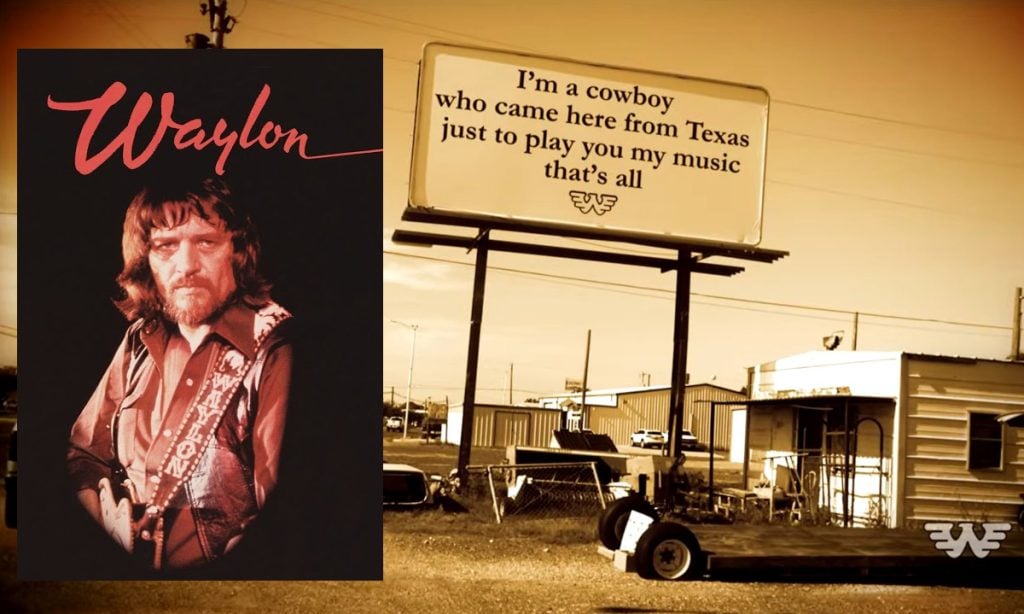
About the Song
Released in February 1972 on his album Good Hearted Woman, “It Should Be Easier Now” stands as a quietly powerful moment in Waylon Jennings’ catalogue.
From the very first notes, the song projects the weight of experience. Waylon’s aged baritone—deepened by the years on the road, the hard living, the daring to defy the Nashville mould—sets the tone for lyrics that explore regret, loss, and the stubbornness of the heart. The title itself poses a question we all ask: when what once was familiar slips away, shouldn’t it be easier now to move on? The answer, as the song reveals, is not so simple.
The narrative casts light on a man looking backward, knowing his share of mistakes, yet still not free from longing. The arrangement is understated—pedal steel, acoustic guitar, subtle rhythm—so that Waylon’s voice carries the emotional load. In doing so, he doesn’t just sing the song; he inhabits it. His inflection, his pauses, the inhale before the line—all of it adds something that no studio gloss could capture.
In the broader context of Good Hearted Woman—an album marking Waylon’s push toward creative freedom—the inclusion of this track shows his willingness to confront vulnerability, not just rebel. Whereas many songs of the era focused on telling someone else’s story, here he turns inward. He acknowledges that time doesn’t always heal everything, and sometimes the hardest part is accepting it should be easier, but still isn’t.
For older listeners especially—those who’ve carried memories of love, departure, restless nights, and quieter mornings—“It Should Be Easier Now” resonates deeply. It isn’t sappy. It isn’t grandstanding. It’s real. If you’ve ever sat in the dark and asked your heart why it still hurts, this song may feel like a mirror. It reminds us that we can’t rush healing, we can’t always escape regret, and that sometimes strength doesn’t mean being unbroken—it means being willing to live on anyway.
In short: Waylon Jennings reminds us that maturity isn’t about having fewer scars—it’s about letting the echoes quiet long enough to hear our own truth.